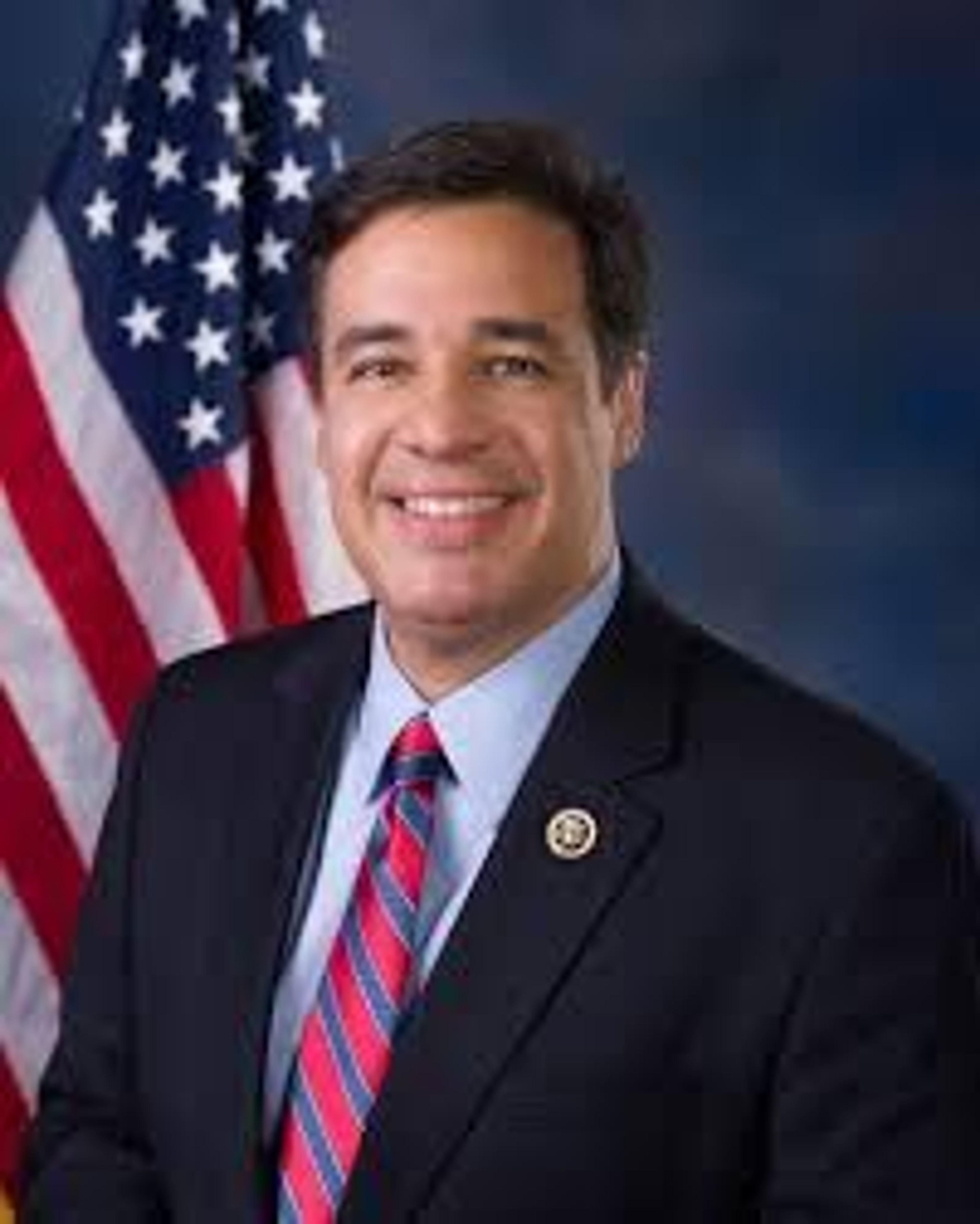Former health official requests legal fees
Ericka Rupp wants more than $68,000 from Raúl Labrador’s ‘unnecessary’ CID case
A former state health department employee is requesting that the Idaho Attorney General’s Office pay more than $68,000 in attorney fees and costs in a case over civil subpoenas the office served.
Her attorneys argue the case was “unnecessary and frivolous” in court documents filed Monday.
Attorney General Raúl Labrador sought the civil investigative demands, known as CIDs, in an investigation into the purported distribution of the Community Partner Grant funds to ineligible programs. Ericka Rupp, who served as the Child Care Program manager and oversaw the distribution of grants, petitioned Ada County District Court to set the CIDs aside.
A special prosecutor appointed to the case, Adams County Prosecutor Christopher Boyd, withdrew the CIDs in October, saying in court filings that the report from a legislative audit of the grant program provided the information he needed.
Both parties in the case agreed that further litigation wasn’t necessary because the CIDs were withdrawn, and Ada County District Court Judge Lynn Norton dismissed the case in November.
Rupp’s attorneys said that the whole process of serving the CIDs was unnecessary in the first place.
“If, as Respondent now contends, the audit would provide the answers that it sought through the CIDs, it is not clear what point issuing the CIDs (based on a strained view of two consumer protection statutes) even served,” the court filing said. “Respondent compelled Petitioner to file a Petition to set aside a process that ultimately was not even necessary to Respondent’s investigation.”
In a separate petition to end the CIDs, attorneys for Department of Health and Welfare Director Dave Jeppesen and other employees who were served asked the office to pay more than $119,000 in attorneys fees and costs.
On Monday, the judge allowed Labrador’s office an extension on time to file a response to the request.
The investigation into the distribution of the grant program is still ongoing.
The Legislature passed a budget bill allowing the department to distribute the federal funds to after-school programs that serve children aged 5 to 13. The funds were distributed in 2021 and 2022 to more than 80 programs.
In February, the state budget-writing committee voted to authorize an audit of the program over concerns that it went to programs serving children younger than 5.
The results of the audit were released in a report in August and included eight significant findings about the distribution of the program. The department disagreed with all of the findings.
A third case related to the CIDs is on behalf of more than 30 of the grant recipients who were served. In this case, a judge ruled that some of the CIDs may continue, ended some, and narrowed the scope on others. This case was appealed to the state Supreme Court.
The attorney general’s office said in March that issuing the CIDs was “to ensure all evidence is preserved and the public is ultimately informed of the faces. Our role here is to ensure the actions of our state government are clear and transparent for the people.”





